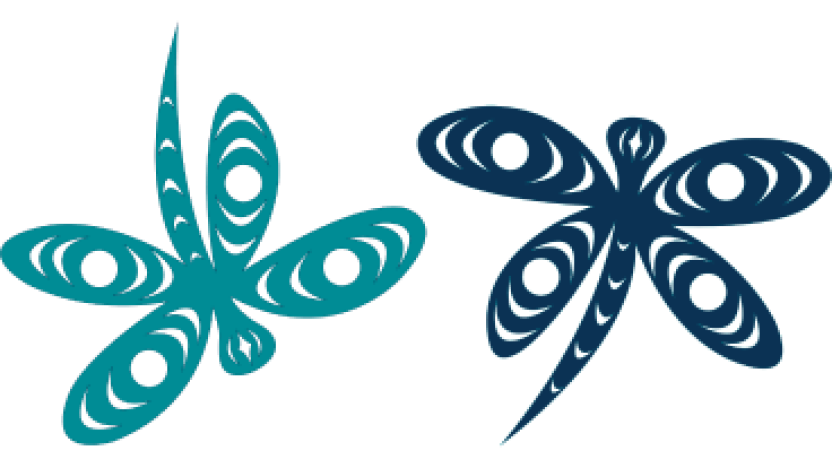What You Put Down the Drain Matters!
Just because we have advanced wastewater treatment in the Core Area doesn’t mean it can handle everything we send down the drain. Some contaminants slip through treatment and can impact the environment, even after processing.
The good news? It’s easy, free, and takes little effort to prevent harmful substances from entering our wastewater system. By making a few simple changes, you can help protect the environment, safeguard your home from plumbing issues, and keep our wastewater infrastructure running smoothly.
Unflushables
Many products marketed as "flushable," like baby wipes, disinfecting wipes, and personal wipes, don’t break down like toilet paper. Instead, they accumulate in pipes, leading to costly sewer backups.
Flush only the Three Ps: Pee, Poo, and (toilet) Paper.
Dispose of these in the garbage: Wipes, dental floss, condoms, sanitary products, facial tissues, and contact lenses.
Cleaning Products
Household cleaners can contain chemicals that harm marine life and groundwater. Whether you are on a sewer system or a septic tank, what goes down your drain makes a difference.
Switch to green cleaners—they’re safe for the environment and work just as well.
Medications
Each year, thousands of kilograms of unused or expired medications are thrown away or flushed in our region. These drugs end up in the ocean, where they can disrupt ecosystems.
Dispose of medications properly. Many local pharmacies offer free take-back programs.
Laundry Detergent
Laundry soap gets its cleaning power from detergent (also known as surfactant), the ingredient responsible for the suds made by many cleaning products. Unfortunately, detergents also have the potential to be toxic to marine life.
The good news is that the CRD has soft water, and soft water requires less detergent to achieve the same degree of cleanliness.
Fats, Oils and Grease (FOG)
When fats, oils and grease (FOG) go down the drain, they can cause a whole host of problems for our wastewater system and local environment. From clogged pipes to depleted oxygen in the marine receiving environment, the effect of FOG in our wastewater is both costly and ecologically damaging.
The good news is there are some simple alternatives to pouring your FOG down the drain.

